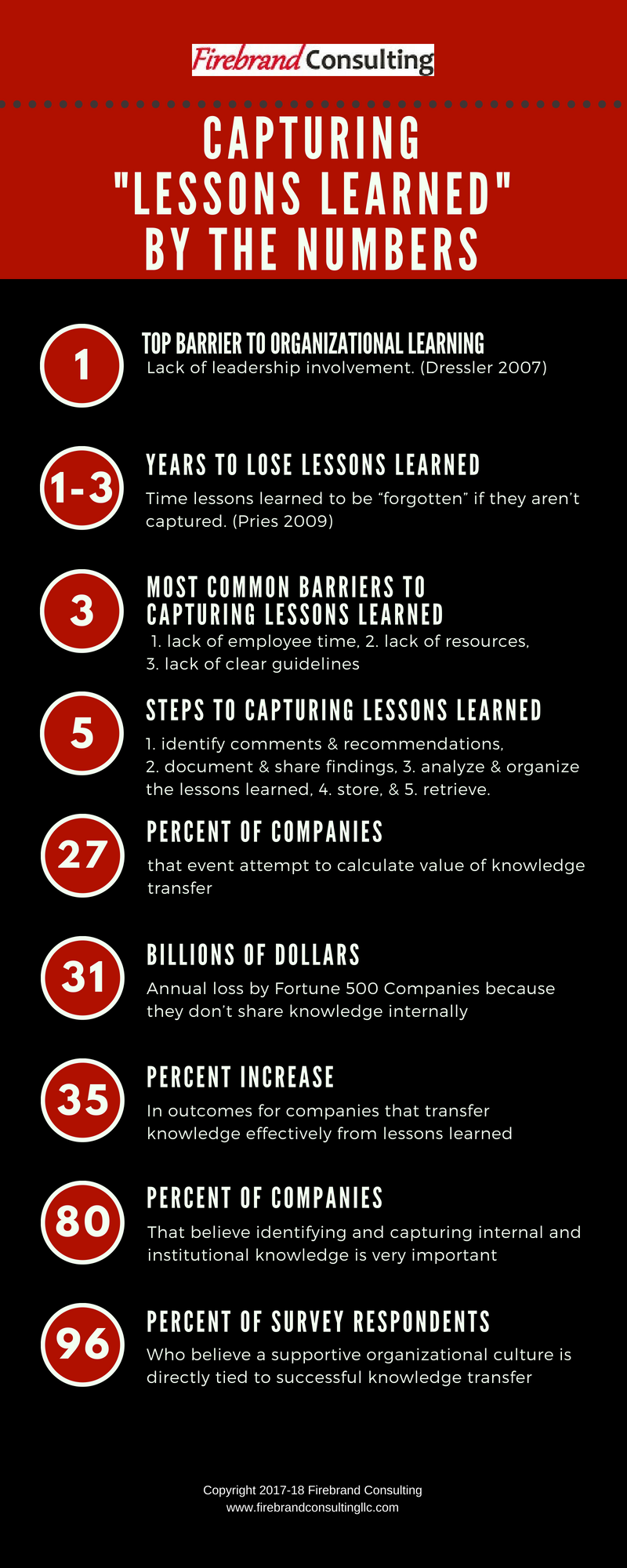 Is it difficult for you to find the right balance between being task-focused and relationship-focused? Is it simply challenging to figure out how “nice” you need to be at work? Do you ever wonder what it really means to be a good team player?
Is it difficult for you to find the right balance between being task-focused and relationship-focused? Is it simply challenging to figure out how “nice” you need to be at work? Do you ever wonder what it really means to be a good team player?
If you’ve never had these dilemmas, you’re lucky. Read no further.
For the rest of you, making sense of the mixed messages you receive as a woman in the workplace can be distracting and down right maddening. Mixed feedback about how you’re supposed to act can make you hesitate and even hide behind an inauthentic persona. This can keep you from realizing your full potential or embracing your leadership role.
The timeless mythological story of Psyche’s Four Tasks provides guidance.
The Story of Eros and Psyche
Psyche, a beautiful mortal woman, fell in love with and married what turned out to be the god of love, Eros. He was the son of the goddess Aphrodite, who out of jealously of Psyche’s beauty, had initially jinxed Psyche so that she would not fall in love with any mortal man. The jinx backfired and much to Aphrodite’s chagrin, her immortal son Eros fell in love with Psyche and they married, with the caveat that Psyche could never actually look at him.
However, Psyche couldn’t help herself. She carried an oil lamp and a knife into his bedroom (in case he turned out to be a monster), and took a forbidden look at Eros while he was sleeping in the dark. Unfortunately, the lamp dripped hot oil on Eros and awakened him. Interpreting this as a sign of mistrust, Eros ran off and abandoned Psyche. Heart-broken, Psyche appealed to her disapproving mother-in-law Aphrodite for help to get him back.
Jealous Aphrodite saw an opportunity to be rid of Psyche once and for all. She devised four seemingly impossible tasks for Psyche to complete in order to get back Eros. Psyche’s 4 tasks provide guidance for illuminating a situation (the lamp), dissecting it, and cutting away what doesn’t serve you (the knife). Doing so, allow you to make a decision that is authentic for you in your home and work relationships.
Task #1 – Sorting Seeds with Discernment.
Aphrodite put Psyche in a room that was full of many varieties of seeds all mixed together and instructed Psyche to sort all of the seeds overnight if she wanted Eros back. Psyche was overwhelmed and didn’t know how she would to do it. Then, a line of tiny, diligent ants entered the room and began to sort the tiny seeds for her.
The lesson: A situation may seem daunting at first, but you must examine what you have to contend with. So, listen to the small, still voice inside (ants), then diligently sift and sort through all available information to decide what is important based on your priorities and values.
Task #2 – Nab Golden Fleece at the Right Time.
Aphrodite then assigned Psyche the task of collecting golden fleece from the nasty Rams of the Sun. Again, Psyche thought this task impossible because these rams were large, tough, no-nonsense, powerful creatures. Coming to her aid, a flexible green reed advised Psyche that she could avoid the rams by waiting until they left the field at the end of the day, then pick their fleece from brambles they brushed up against after they had gone for the day.
The lesson: Be flexible enough to watch and wait for the opportune time to go after what you want. There may be a way to do accomplish what you want with less direct conflict, allowing you to maintain relationships.
Task #3 – Fill the Flask After Gaining Perspective.
Next, Psyche must fill a flask with water from an intimidating stream, guarded by dragons. While Psyche doubted her ability to fill the flask, Zeus’s eagle arrived, grabbed the flask, and flew to an opportune spot to fill it for her.
The lesson: When you get overwhelmed with deciding how to engage with a situation and those involved, pull back like the eagle to get a broader perspective of the bigger picture to find patterns. Then, spot the salient details before making decisions.
Task #4 – Fetching Beauty Cream in the Underworld Without Distraction.
Finally, Aphrodite sent Psyche to the Underworld to refill a box with beauty ointment. To make things even more difficult, Aphrodite tells Psyche that three pathetically desperate people in the Underworld will beg her for help as a distraction from her quest. A tall tower advises Psyche to harden her heart, ignore them, and concentrate on fulfilling her task.
The lesson: You must keep your eye on your tasks and goals and learn to assert your boundaries by exercising a conscious choice to say “yes” or “no” to others’ requests.
Psyche completed the four tasks and won back her beloved Eros. Not all women need nor will they apply Psyche’s lessons in the same way. Still, when you face a dilemma at work or get confusing feedback that reflects someone else’s perspective on who you’re supposed to be, think of Psyche’s lessons and apply the one(s) that are apt in a way that is right for you.
WANT TO USE THIS ARTICLE IN YOUR NEWSLETTER, BLOG, OR WEBSITE? You can, as long as you include this information with it: Beth Strathman works with leaders who want to confidently become the leader they are meant to be as they maximize the “people side” of business. Learn more at: bethstrathman.com.
 Initiations are cycles of physical or psychological separation, ordeal, and return that we encounter throughout our lives. When we fully integrate the lessons from these experiences, we develop as people and leaders.
Initiations are cycles of physical or psychological separation, ordeal, and return that we encounter throughout our lives. When we fully integrate the lessons from these experiences, we develop as people and leaders.  Have you worked for companies with similar undesirable corporate cultures? Have you tended to work with the same type of people who have characteristics that drive you crazy? It might be time to look at these patterns more closely to learn more about yourself. Timeless principles as highlighted in ancient mythologies can help put your experiences into a larger psychological and cosmological context. Doing so, allows you to make sense of your personal experiences and patterns and further your development as a leader.
Have you worked for companies with similar undesirable corporate cultures? Have you tended to work with the same type of people who have characteristics that drive you crazy? It might be time to look at these patterns more closely to learn more about yourself. Timeless principles as highlighted in ancient mythologies can help put your experiences into a larger psychological and cosmological context. Doing so, allows you to make sense of your personal experiences and patterns and further your development as a leader.

 We laugh at passive aggressive behavior on sitcoms, tune in for more on reality TV, and read the snarkiness on social media. Nonetheless, it’s no laughing matter in the workplace.
We laugh at passive aggressive behavior on sitcoms, tune in for more on reality TV, and read the snarkiness on social media. Nonetheless, it’s no laughing matter in the workplace. We love our drama. Ancient Romans loved the tension and spectacle of the Colosseum with its combat to the death involving gladiators and beasts, nail-biting chariot races, and extravagant displays of sea warfare. Today, we have the tension and spectacle of reality TV, involving the emotional combat of one-up-man-ship, betrayal, and dashed hopes. It seems a natural aspect of the human condition. It’s no wonder, then, that drama comes naturally to your employees.
We love our drama. Ancient Romans loved the tension and spectacle of the Colosseum with its combat to the death involving gladiators and beasts, nail-biting chariot races, and extravagant displays of sea warfare. Today, we have the tension and spectacle of reality TV, involving the emotional combat of one-up-man-ship, betrayal, and dashed hopes. It seems a natural aspect of the human condition. It’s no wonder, then, that drama comes naturally to your employees.